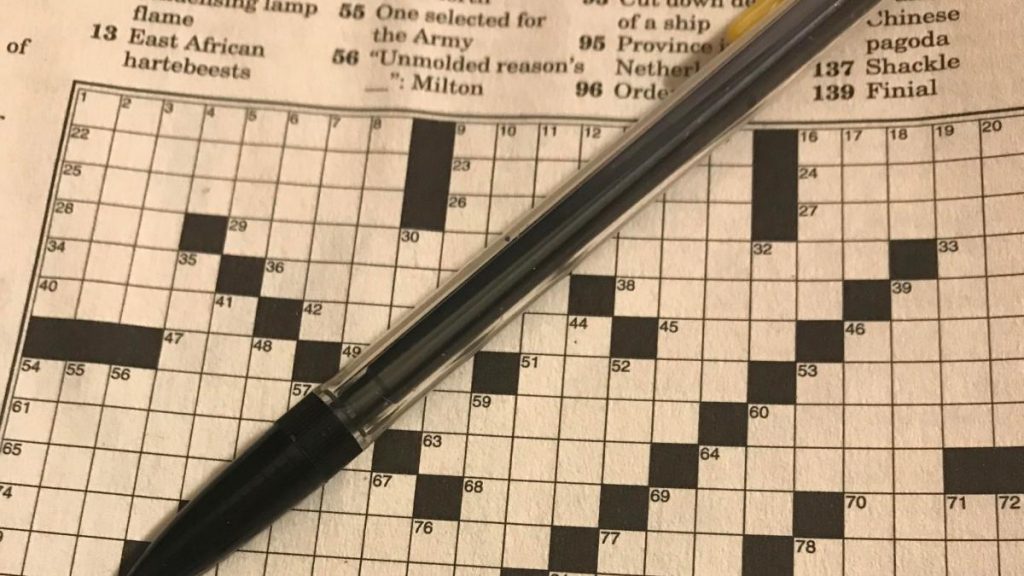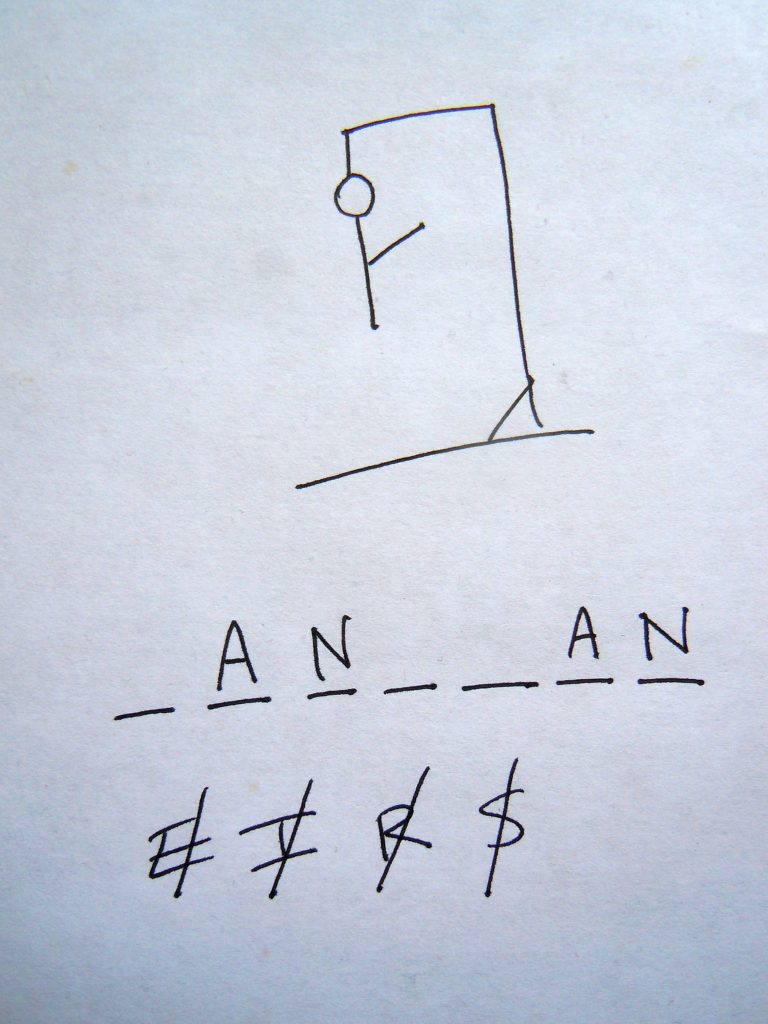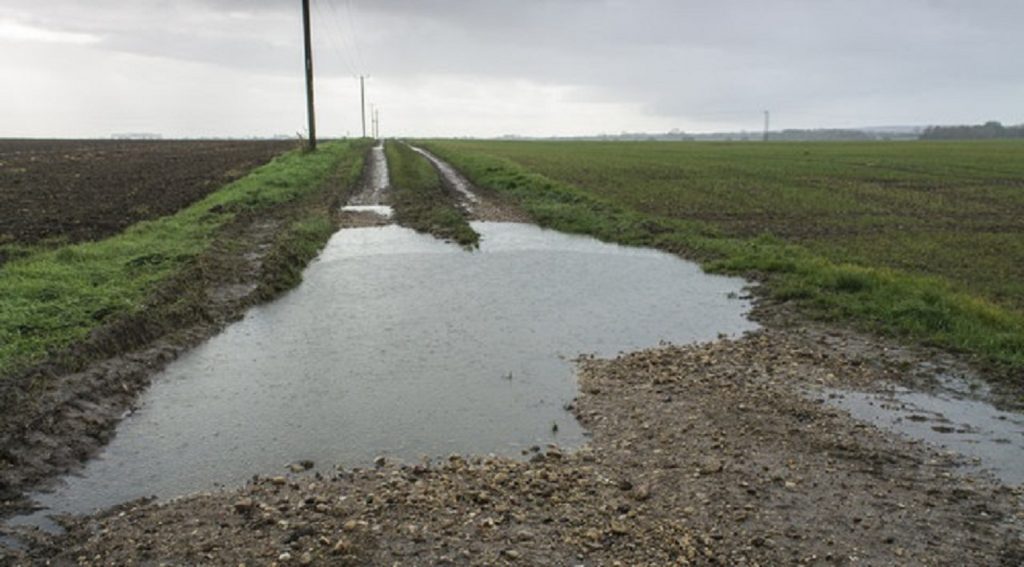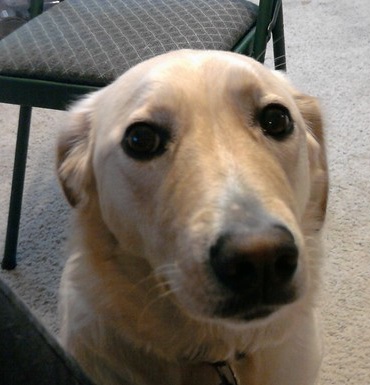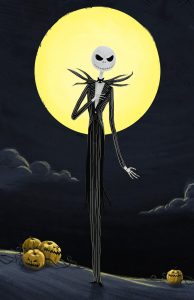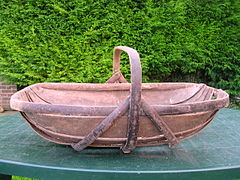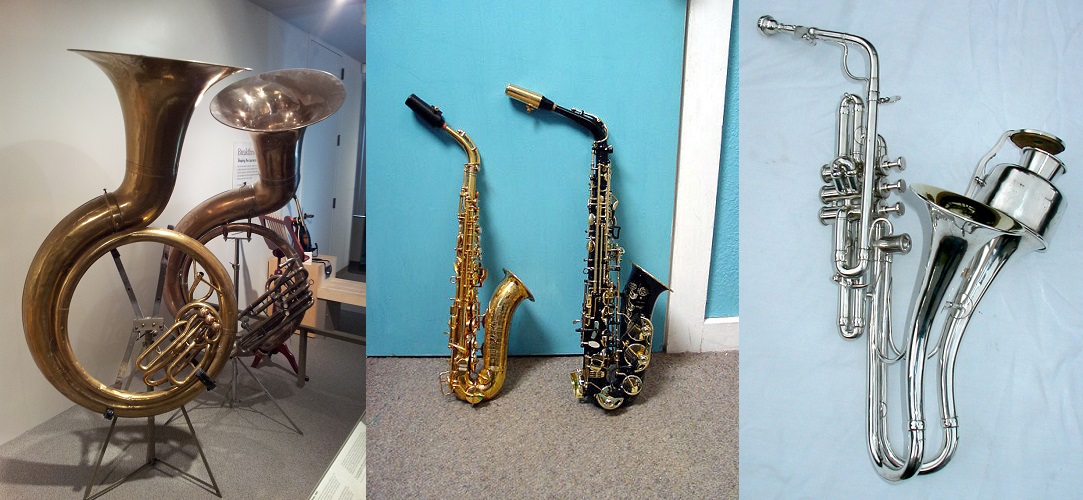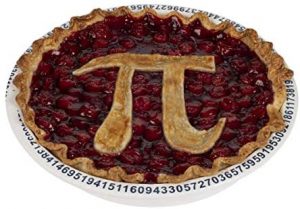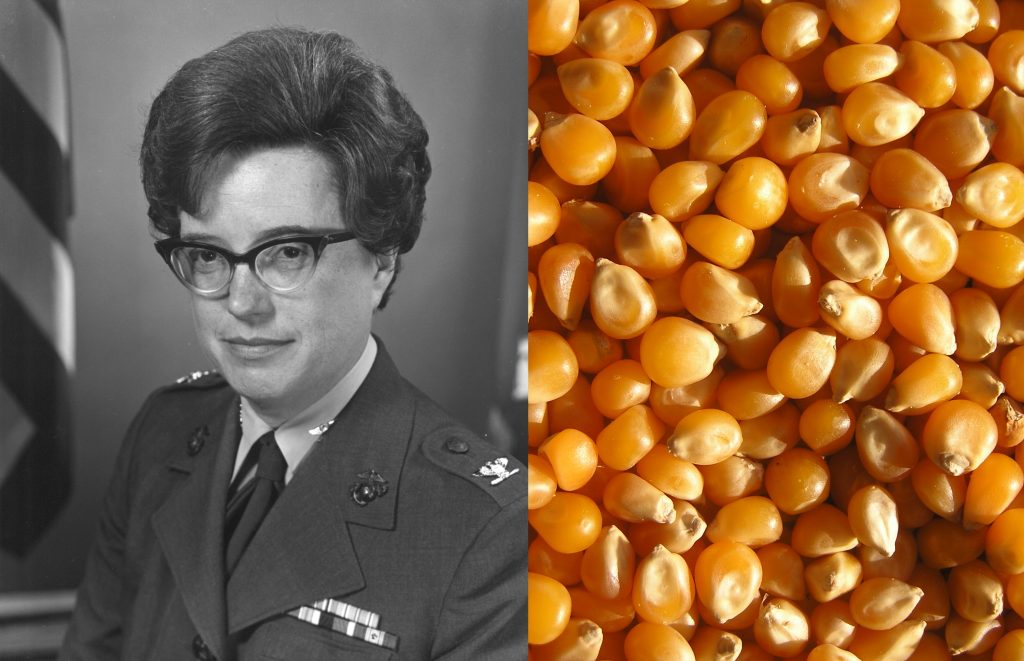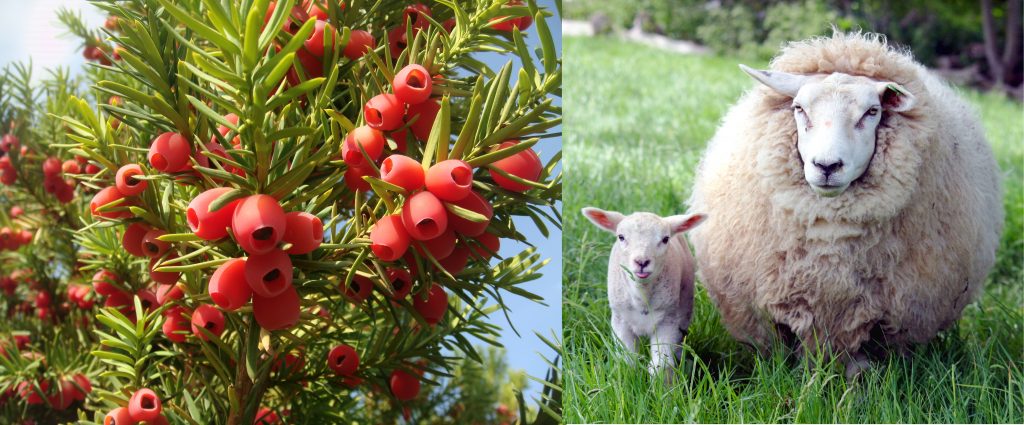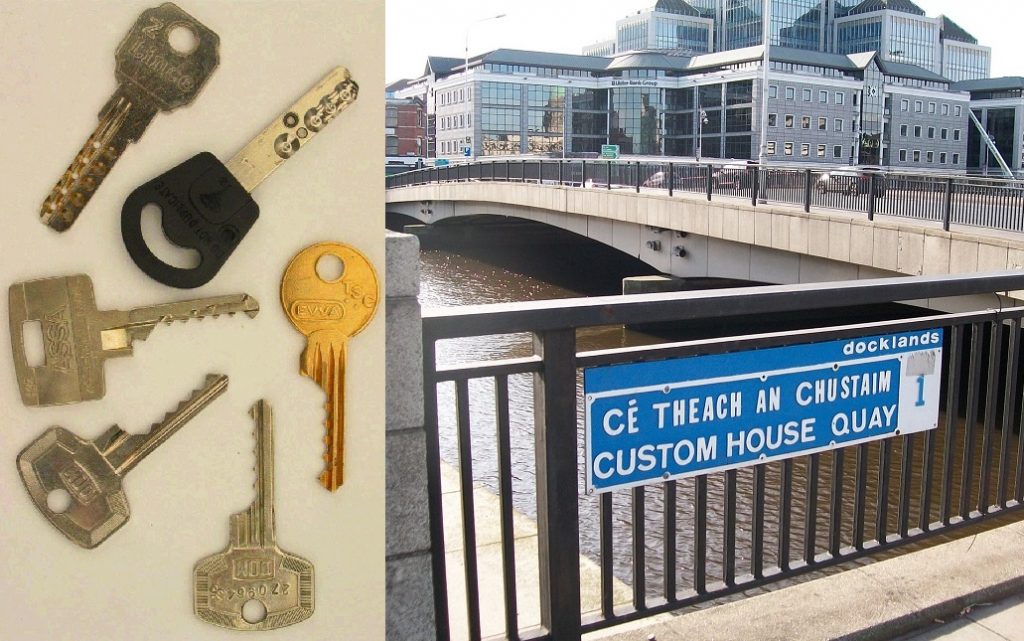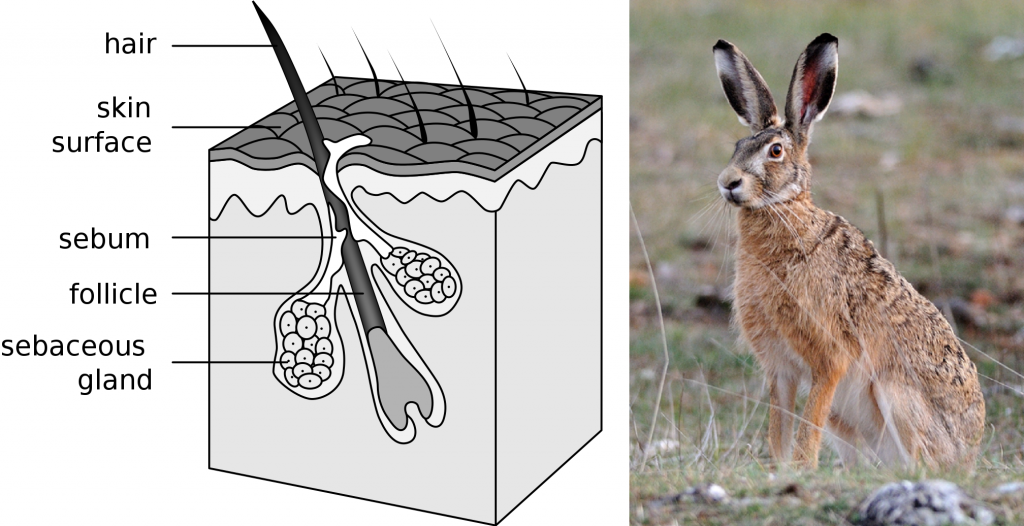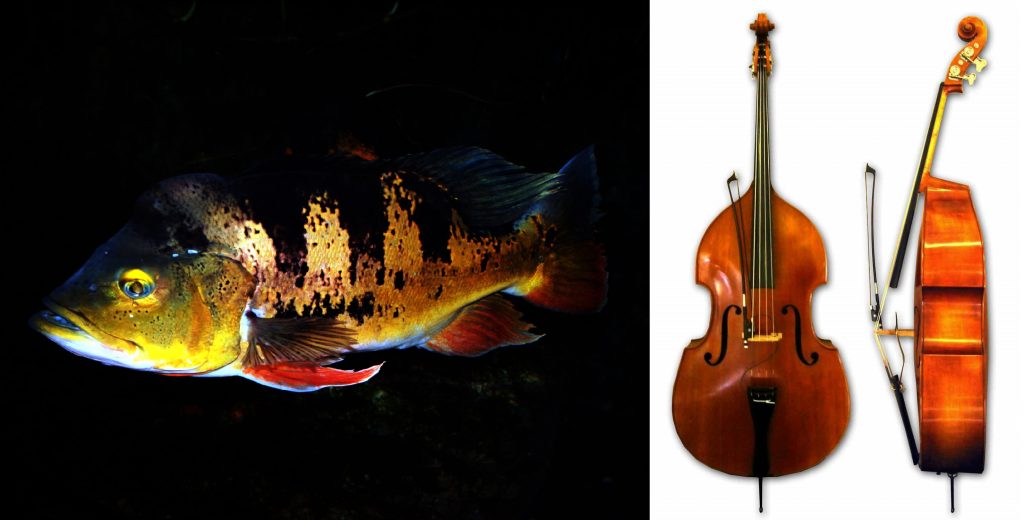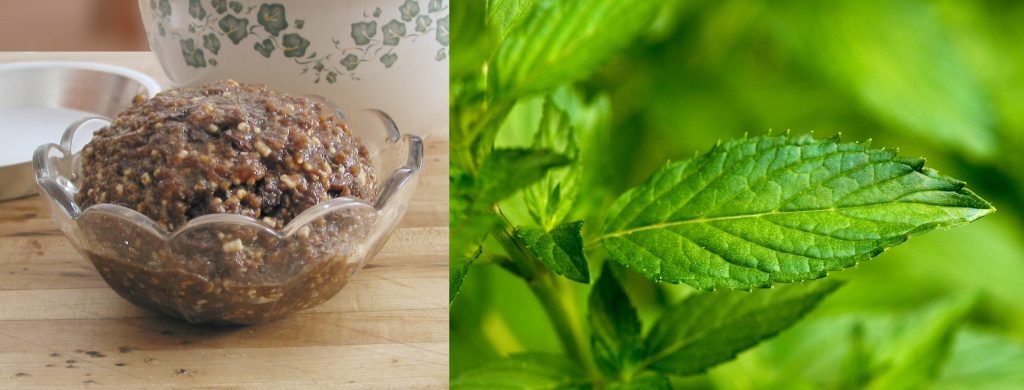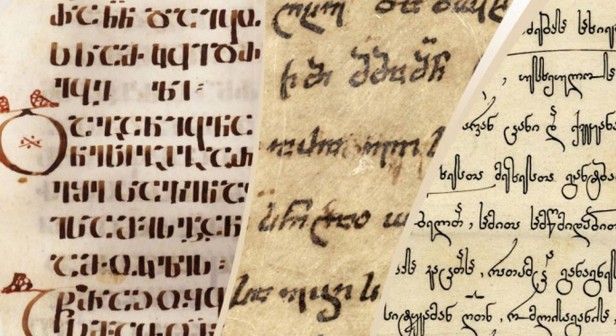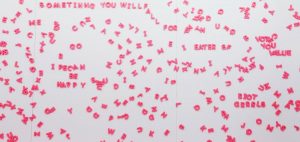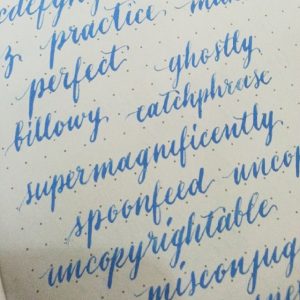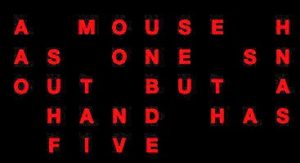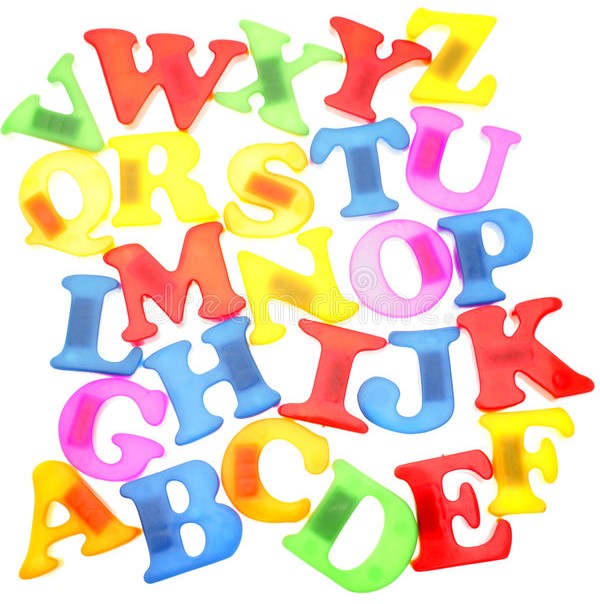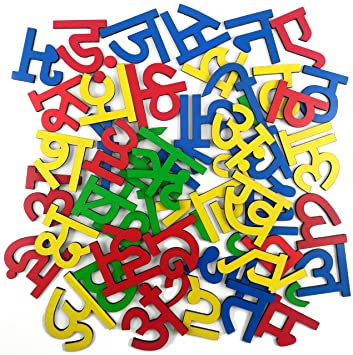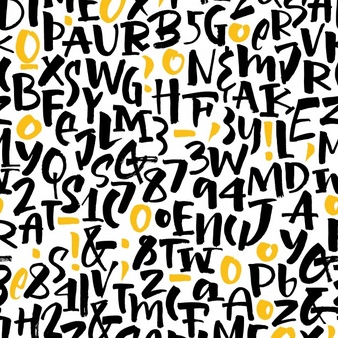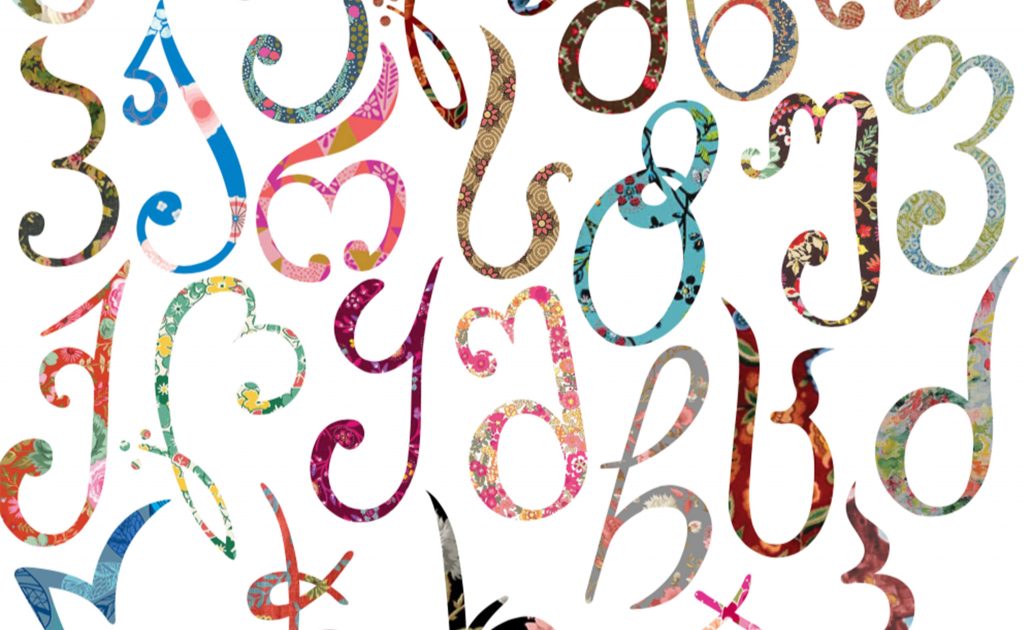Recently I had a dream that involved seeing how many words I could make from “Texas Hold ‘Em.” That felt so weird that the memory stuck with me. Subsequently I decided to give it a go, and ended up with 78 words using those letters, only those letters, and each letter only as often as it appeared in those words—i.e., words with two e’s were acceptable but two t’s, d’s, etc., weren’t.
That led me to thinking about other word games. As so many do these days, I started my search online. And, as so often is the case, up popped Wikipedia.
Wikipedia defines Word Games as spoken, board, card or video games often designed to test ability with language or to explore its properties. I couldn’t find any other definitions online.
Most people see word games as a source of entertainment, but they can serve an additional educational purpose. Among the academically best performing children, 35% had parents who encouraged them to play word games. Many young children enjoy playing games such as Hangman, while developing language skills like spelling. ESL teachers often include word games in their classrooms to help students learn to recognize and use English words in context.
Benefits of Word Games
Contrary to the stereotype of young people being the primary demographic for online games, word games attract players of all ages. A 2020 Statista report suggested that people aged 25 to 54 make up nearly 60% of word game players.
And adults can reap benefits of such brain work as well. Researchers have found that adults who regularly solved crossword puzzles, which require familiarity with a larger vocabulary, had better brain function later in life.
Indeed, over time, playing word games improves problem-solving and analytical skills. Often these games require players to think and use other cognitive skills at the same time.
According to a 2024 article in Parade, the reason word games are good for brain health is that they can improve attention, verbal fluency, memory, and processing speed. All these skills can decline with age. One 68-year-long study found a link between playing word games and better cognitive health in old age.
According to a 2022 PBS broadcast, people who have a high need for cognition tend to seek out mental challenges like word game and puzzles. The results cited above are all correlational results, i.e., that is, as game playing habits go up, the positive brain measures go up as well, but maybe the cause, is actually something else, like a high need for cognition that accounts for both.
Depending on the situation, word games can play a soporific role as well. Because they require concentration and lateral thinking, they can distract the player from stress and anxiety. Many require nothing but the player’s mind, making them perfect to play in bed, on a plane, while stuck in a boring meeting, etc. A friend told me she plays an alphabet game when she has trouble falling asleep. I seem to be playing anagrams even after I’ve fallen asleep!
Word Game Categories
(Unless otherwise noted, the following information is from the Wikipedia article.)
Letter Arrangement Games
The goal of a letter arrangement game is to form words out of given letters. In addition to testing vocabulary skills, these games test lateral thinking skills. Scrabble, UpWords, Bananagrams, and Countdown are popular examples of letter arrangement games.
FYI: Around the world, approximately 150 million copies of Scrabble have been sold.
Note: This is where anagrams would fit best, although not mentioned in the article. On the other hand, it involves paper and pencil, so maybe it also fits the following.
Paper and Pencil Games
Paper and pencil game players write down their answers, following the specific constraints laid out in the game rules. Crossword players fill in a grid by following clues or solving riddles. Hangman players try to guess their opponent’s word or phrase before their opponent is able to draw a stick figure hanging from a gallows. Categories, Boggle, and word searches are other popular examples of paper and pencil word games.
Semantic Games
Semantic games focus on the meanings and context of words. Players rely on their shared knowledge of denotation and connotation to combine words in amusing ways. Popular semantic games include Mad Libs, Blankety Blank, and Codenames.
Modern Word Games
Game designers have taken advantage of technological advancements to create non-traditional word games for computers or mobile phones. Many of these newer games take advantage of the technology to include more complex rules.
Codenames, Decrypto, and Anomia all have popular digital formats, allowing players to participate on teams while in different physical locations. Modern audiences also eagerly play word games with mobile formats, such as Letterpress, Words with Friends, and Word Connect.
Technology and Word Games
Since Spelling Bee first aired on the BBC in 1938, the first televised game show, word games have been a constant offering on radio and television. Airing continuously since 1975, Wheel of Fortune is the longest-running syndicated game show in the United States.
The popularity (and relative low cost) of word games has led producers to adapt many word games to fit a radio or television format. Some shows revolve entirely around a word game, while others include elements of popular word games mixed in. Shows like Lingo, Says You!, Task Master, Catchphrase, Family Feud, and Only Connect are among the highest-rated shows on television.
Wordle was the most frequently downloaded game of the year after it was launched in January 2022. Its player base grew to tens of millions worldwide. Players claim it involves a lot of strategy as well as a broad vocabulary.
As of 2022, the annual number of word games app downloads is 1.42 billion. And nearly half of Americans believe that playing word games is a productive way to spend time. With 78.03% of word games app revenue generated in the U.S. ($1.74 billion) players are everywhere! And there are games for virtually every taste, so choose your poison.
Many of these games allow the player to select the language of play. This makes those games an ideal method of practicing vocabulary for people learning a new language. Playing June’s Journey or Drops is a lot more fun than memorizing Spanish flash cards.
To Play Alone or Together?
Several word games suit both sociable and loner players. Games like Scrabble virtually always involve multiple players. Many online games are played alone but players can get comparative stats for others who use the app. Still other games—such as anagrams—can be done informally and alone, but can also be made competitive when multiple people start with the same prompt and there is a time limit.

Texas Hold ‘Em was so enjoyable that I did other anagrams:
- Encyclopedia (102)
- Thanksgiving Day (87)
- Echo chamber (61)
- Cat on a hot tin roof (88)
- Valentine’s Day (104)
- Vegetables (99)
- Writing life (a puny 57)
- Plant watering (135)
- Orthopedic surgeon (135)
Let me know if/when you beat my numbers!
Bottom Line: Games are everywhere, they may be good for your brain, and they seem to pose no threats. So go for it!


